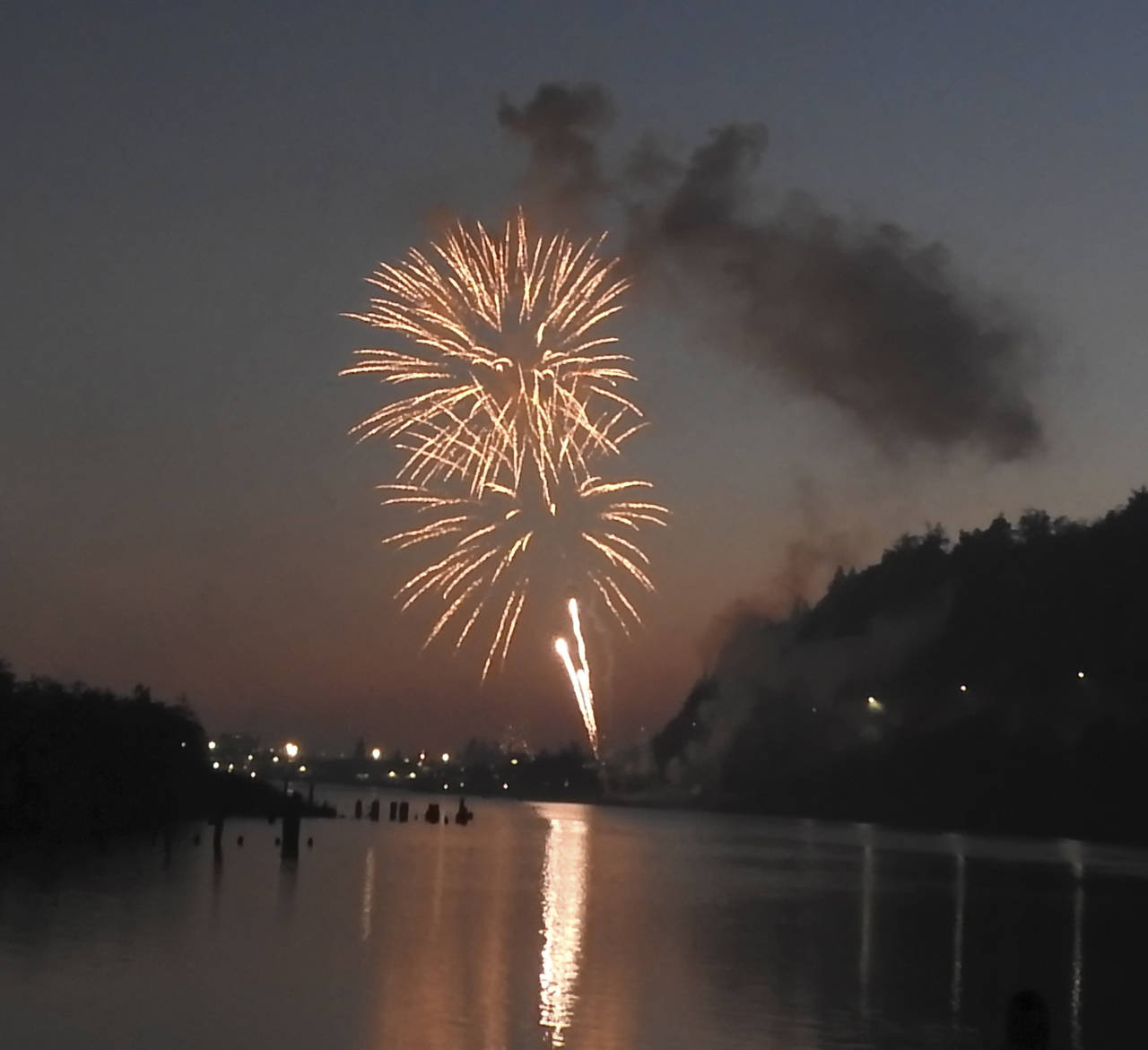Independence Day, unfortunately, is one of the busiest days of the year for firefighters. According to the National Fire Protection Association (NFPA), more fires are reported on the Fourth of July than on any other day of the year, and two out of five are fireworks-related.
The South Beach Regional Fire Authority advises that the best way to enjoy fireworks and prevent injury is to watch a professional show. “Consumer fireworks are dangerous and the risks to personal safety and the safety of the community are significant,” says Battalion Chief Daryl Brown.
According to a 2015 report by the U.S. Consumer Product Safety Commission, fireworks were involved in an estimated 10,500 injuries treated in U.S. hospital emergency departments annually. Celebrating the Fourth of July with fireworks, cookouts and community events can quickly turn to disaster if proper precautions are not taken.
Children are especially at risk. Of those injured, 35 percent of victims with fireworks injuries were under 15. Children should never play with fireworks. Even sparklers can reach 1,200 degrees Fahrenheit.
Certain fireworks are legal in the state of Washington. Legal or not, if you decide to set off your own fireworks display, precautions need to be taken very seriously, Brown says. “While pretty, fireworks can be very, very dangerous.”
Please call 911 only for potentially life-threatening situations so firefighters are available to respond quickly when lives are in danger.
Public safety checklist
If you insist on setting off your own fireworks, the National Fire Protection Association recommends taking these precautions:
■ Only buy fireworks from a licensed seller (not from someone on the street or from someone’s house).
■ Read and follow the directions on the fireworks before lighting them.
■ Have water handy in case of an emergency.
■ Only use fireworks in an open, outdoor area.
■ Light the fireworks on a hard surface and be cautious of any wind.
■ Have a designated person to set off the fireworks who avoids alcohol and does not wear loose clothing.
■ Make sure that the designated person wears safety goggles and close-toed shoes.
■ Do not alter or combine fireworks.
■ Aim the firework away from houses, dune grass, dry leaves, flammable materials and people.
■ Never extend a body part over the device.
■ Light one firework at a time.
■ Never relight a “dud” firework.
■ Wait 20 minutes after setting off the firework to approach it and then soak it in water.
For more information about fireworks safety, visit www.nfpa.org/fireworks.


